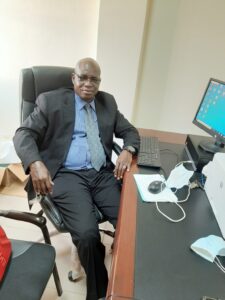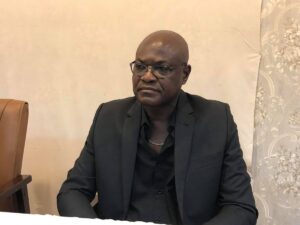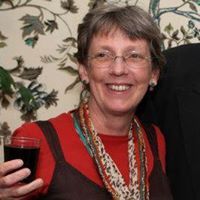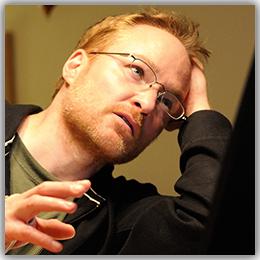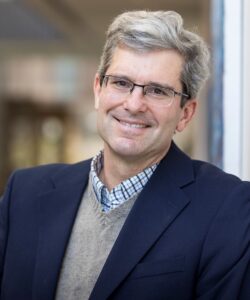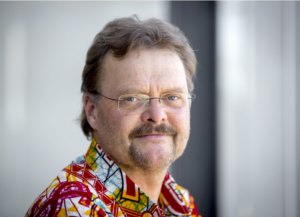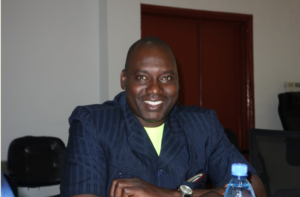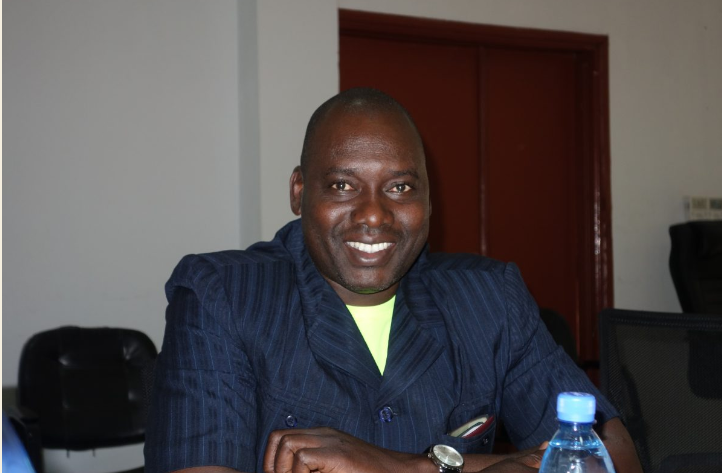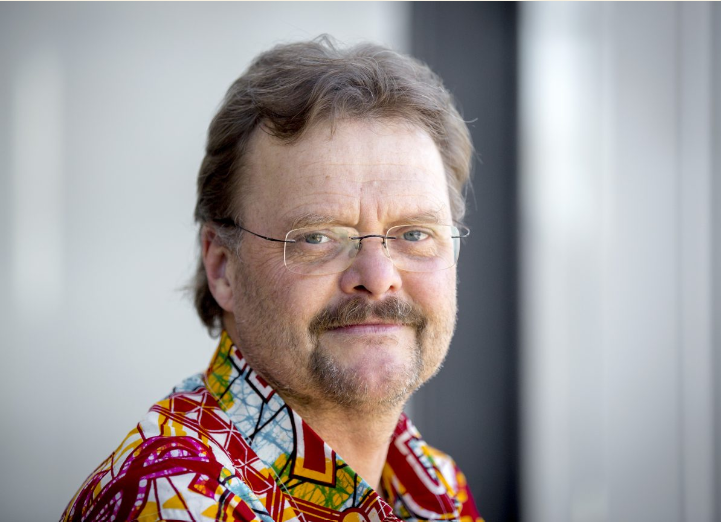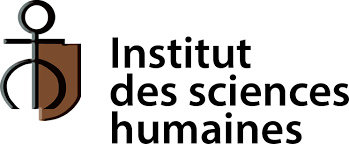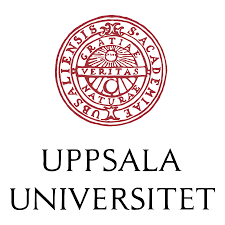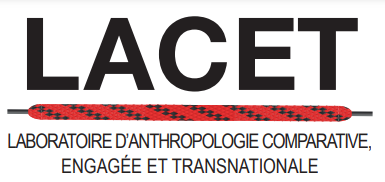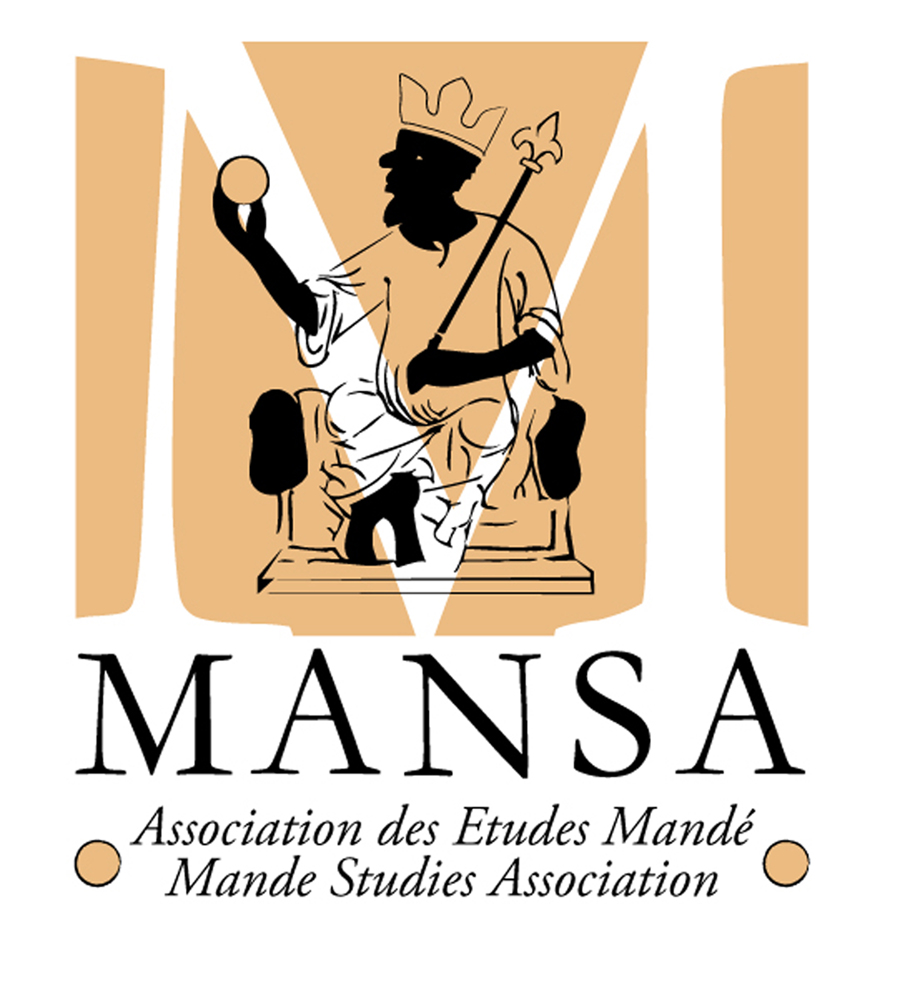
Why attend this Conference
Towards a decolonization of knowledges in West Africa: history, actors, and productions More than sixty years after the national independences and political decolonization formally speaking, West African States are still struggling on how to “decolonize” and to “africanize” society and culture. Today, decolonization has experienced a strong renaissance as a political and intellectual project in […]
Read MoreOpening / Ouverture
Allocutions/Ouverture (Allocution de bienvenue du Directeur de l’ISH, *Allocution du Président de la MANSA, Allocution de l’Ambassadeur de Suède au Mali ; discours d’ouverture du ministre MESRS) Conférence plénière : Comment décoloniser des savoirs ?, Sten Hagberg, Uppsala University, LACET, MANSA, Président du Comité exécutif du colloque Photo de famille
Coffee break / Pause-café
Coffee break / Pause-café
Session plénière 1: Décoloniser l’académie et la pratique // Decolonizing the Academy and Practice)
Session plénière 1 (4 communications) Président de séance : Alain Joseph SISSAO, Institut des Sciences des Sociétés (INSS), Ouagadougou, Burkina Faso Pratiques religieuses traditionnelles et décolonialité des savoirs au Burkina FasoLudovic Ouhonyioué KIBORA, Institut des Sciences des Sociétés (INSS), Ouagadougou, Burkina Faso Women and the History of State-Building in Postcolonial African Countries: How Pre-Colonial Politics […]
Pause déjeuner / Lunch break
Pause déjeuner / Lunch break
Session parallèle 1 / Parallel session 1
Session parallèle 1 (12 communications) A. Décoloniser l’education et l’histoire africaine / Decolonizing Education and African History Président de séance: Maria GROSZ-NGATE, Indiana University, Wuerzburg, Germany Interculturalité ou Alterculturalité ? Comment décoloniser l’enseignement des cultures en classe de FLE : le cas du manuel Alter ego+ B1 Ndiabou TOURE, Université Cheikh Anta Diop de Dakar, […]
Coffee break / Pause-café
Coffee break / Pause-café
Session plénière 2 / Plenary session 2
Table-ronde Rethinking Mande Studies for the 21st Century Président de séance: Maria GROSZ-NGATE, Indiana University, Wuerzburg, Germany Participants : Ludovic KIBORA, Julie KLEINMAN, *Fatoumata OUATTARA, Lamine SAVANE et Mamoudou SY
Session parallèle 2 / Parallel session 2
Session parallèle 2 (12 communications) A. Résultats des recherches archéologiques, patrimoine culturel et développement, Partie 1 // Results of archaeological research, cultural heritage and development, Part 1 Président de séance: Bourahima OUEDRAOGO, Université des Sciences Sociales et de Gestion de Bamako, Bamako, Mali Les archives de la mission Dakar-Djibouti : Une halt sur les artisantes de […]
Coffee break / Pause-café
Coffee break / Pause-café
Session parallèle 3 / Parallel session 3
Session parallèle 3 (12 communications) A. Résultats des recherches archéologiques, patrimoine culturel et développement, Partie 2 // Results of archaeological research, cultural heritage and development, Part 2 Président de séance : Daouda KEITA, Musée national du Mali, Bamako, Mali Recherche archéologique dans la commune rurale de Duguwolonwila (cercle de Banamba). *Fatou ARBY, Faculté d’Histoire et […]
Pause déjeuner / Lunch break
Pause déjeuner / Lunch break
Session parallèle 4/ Parallel session 4
Session parallèle 4 (12 communications) A. Panel mixte : Migrants, démographie, MANSA et mariage // Mixed Panel : Migrants, Demography, MANSA and Marriage Président de séance : Bernadette GANSONRE, Université Joseph Ki-Zerbo, Ouagadougou, Burkina Faso Contribution des migrants de retour au développement local de la commune urbaine de Toya/cercle de Yélimané, Region de Kayes (Mali) […]
Coffee break / Pause-café
Coffee break / Pause-café
Session plénière 3 / Plenary session 3
Session plénière 3 Table-ronde du Laboratoire d’Anthropologie Comparative, Engagée et Transnationale (LACET) : Politikimusow, Gnefemusow, Musokuntigi : Combat des femmes pour percer en politique au Sahel Président de séance: Lydia ROUAMBA (LACET, Burkina Faso) Participants: Lucie BELLO (LACET, Mali), Sten HAGBERG (LACET, Sweden), Ludovic KIBORA (LACET, Burkina Faso), *Bintou KONE (LACET, Mali), Yaouaga Félix KONE […]
Session parallèle 5/ Parallel session 5
Session parallèle 5 (12 communications) A. Décoloniser l’organisation et les systèmes de connaissance // Decolonizing Knowledge Organization and Systems Président de séance: Mahamadou KANTE, Institut des Sciences Humaines, Bamako, Mali La Collection Islam Afrique de l’Ouest : enjeux éthiques et décolonisation des humanités numériques *Frédérick MADORE, Leibniz-Zentrum Moderner Orient (ZMO), Berlin, Germany DECOLONIZING KNOWLEDGE IN […]
Coffee break / Pause-café
Coffee break / Pause-café
Session parallèle 6/ Parallel session 6
Session parallèle 6 (12 communications) A. Défis sécuritaires au Sahel // Sahelian Security Challenges Président de séance: Sidi BARRY, Université Joseph KI ZERBO, Ouagadougou, Burkina Faso Revenge of the margins – Entangled relations between capitalism and jihad in Sikasso, Mali Marte BELDÉ, Ghent University, Ghent, Belgium The Contracted Continuum of Security Actors in Africa: From […]
Pause déjeuner / Lunch break
Pause déjeuner / Lunch break
Session parallèle 7/ Parallel session 7
Session parallèle 7 (12 communications) A. Economies urbaines, alimentation et agriculture // Urban Economies, Food and Agriculture Président de séance : Marie-Thérèse ARCENS SOME, INSS, Ouagadougou, Burkina Faso De l’économie informelle à l’économie territoriale, l’autre nom du développement de l’Afrique. Une réflexion à partir du cas de l’agriculture urbaine à Ouagadougou Taladi Narcisse YONLI, Université […]
Coffee break / Pause-café
Coffee break / Pause-café
Session plénière 4 / Plenary session 4 Table-ronde : De l’IFAN à l’ISH : Héritage colonial et trajectoire institutionnelle et scientifique (1960-2024)
Table-ronde : De l’IFAN à l’ISH : Héritage colonial et trajectoire institutionnelle et scientifique (1960-2024) Président de séance: Baba COULIBALY, Institut des Sciences Humaines, Mali Participants : Klena SANOGO, Yaouaga Félix KONE et Hamidou MAGASSA
Session parallèle 8/ Parallel session 8
Session parallèle 8 (12 communications) A. Patrimoine et habitat // Patrimony and Habitat Président de séance : Mamoudou SY, L’Université du Sine Saloum, Kaolack, Senegal Tourisme et patrimoine en Côte d’Ivoire : peut-on contester l’ordre établi ? Franck Privat GONNE, Chaire de recherche du Canada en Patrimoine Urbain, Montréal, Canada Les patronymes (tiguè), archives de […]
Coffee break / Pause-café
Coffee break / Pause-café
Session parallèle 9/ Parallel session 9
Session parallèle 9 (12 communications) A. Pouvoir, politique et discours // Power, Politics and Discourse Président de séance : Missa MILLOGO, Université Nazi Boni, Bobo-Dioulasso, Burkina Faso Rhétorique sankaraïenne et décolonisation/décolonialité en Afrique: mots, expressions, pensées *Adama OUÉDRAOGO, Université Norbert ZONGO, Koudougou, Burkina Faso Political communication and leadership in Africa Amadou SOW, Indiana University, Bloomington, […]
Pause déjeuner / Lunch break
Pause déjeuner / Lunch break
Session parallèle 10/ Parallel session 10
Session parallèle 10 (12 communications) A. Gestion des forêts, des terres et des eaux // Management of Forests, Land and Water Président de séance : Fatoumata BAMBA, Université Julius NYERERE de Kankan, Kankan, Guinea Land and water rights in the inner Niger delta: an open and debated arena Luca PES, University of Trento, Trento, Italy; […]
Coffee break / Pause-café
Coffee break / Pause-café
Session plénière 5 / Plenary session 5
Session plénière 5 (table-ronde sur l’IFAN à l’ISH – Coulibaly)
Closing ceremony / ceremonie de clôture
Closing ceremony / ceremonie de clôture
Highlight of International Research activities at ISH
How to respond to the challenges of our society? How to organize citizen debates and strengthen partnership capacities between Malian researchers and Swedish researchers? Here are, among other things, the questions to be answered by the Citizen Perspectives project on societal challenges in Mali, which was launched on Tuesday, January 17, 2023 at the premises of the Institut des Sciences Humaines.
Read More
To attend the Conference, you must have paid your membership dues to MANSA
Practical Issue
Explore the best of Bamako while attending this Conference
Bamako is the capital and largest city of Mali. It is located on the Niger River, near the rapids that divide the upper and middle Niger valleys in the southwestern part of the country. Bamako is the nation's administrative center.
Know More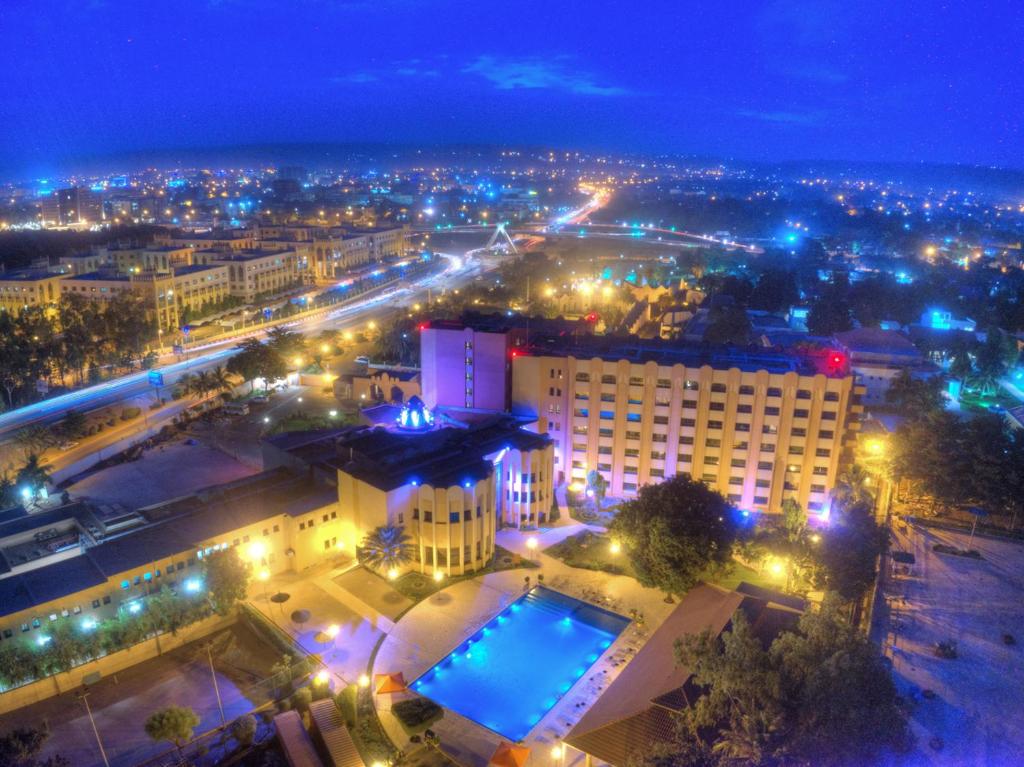
Institut des Sciences Humaines
BamakoChaussee De Sotuba (Sotuba Causeway), Pres de l'IER-CRRA BP: E916, Bamako. Tel: (+223) 20 70 53 50 / (+223) 20 70 53 51
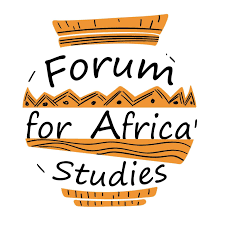
Forum for Africa Studies
Uppsala University’s Forum for Africa Studies is an inter-disciplinary centre that covers all three disciplinary domains of the University: Humanities and Social Sciences; Medicice and Pharmacy; and Science and Technology. The purpose is to support research on Africa in Uppsala University and to facilitate contacts and exchange of research information between departments as well as outside the university, particularly on the African continent.
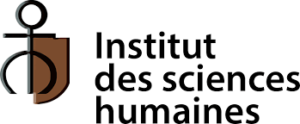
Institut des Sciences Humaines
L’Institut des Sciences Humaines aims to develop research in the field of human and social sciences, particularly in terms of knowledge of Malian and African societies and cultures.
To this end, it is responsible for:
- the deepening of knowledge in the fields of archaeology, history, sociology, anthropology, human geography, oral literature and linguistics;
- support for the training of students and the development of researchers in the fields of its competence;
- collecting, storing and disseminating research results;
- the contribution to the protection of the national cultural heritage in collaboration with the competent national and international institutions
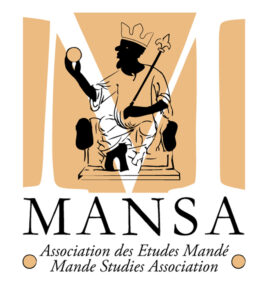
Mande Studies Association
The Mande Studies Association (MANSA) is an international organisation with an academic or professional interest in the Mande region of West Africa. The organization was founded at the University of Wisconsin in 1986; it operates in both English and French.
MANSA is international and multidisciplinary, with members across the globe and across the academic-intellectual spectrum. It brings together teachers, researchers and students from all disciplines and from all continents, people who are interested in the Mandingos and their neighbors, through work on societies, history, geography, anthropology , archaeology, sociology, linguistics, literature, education, environment, etc…
